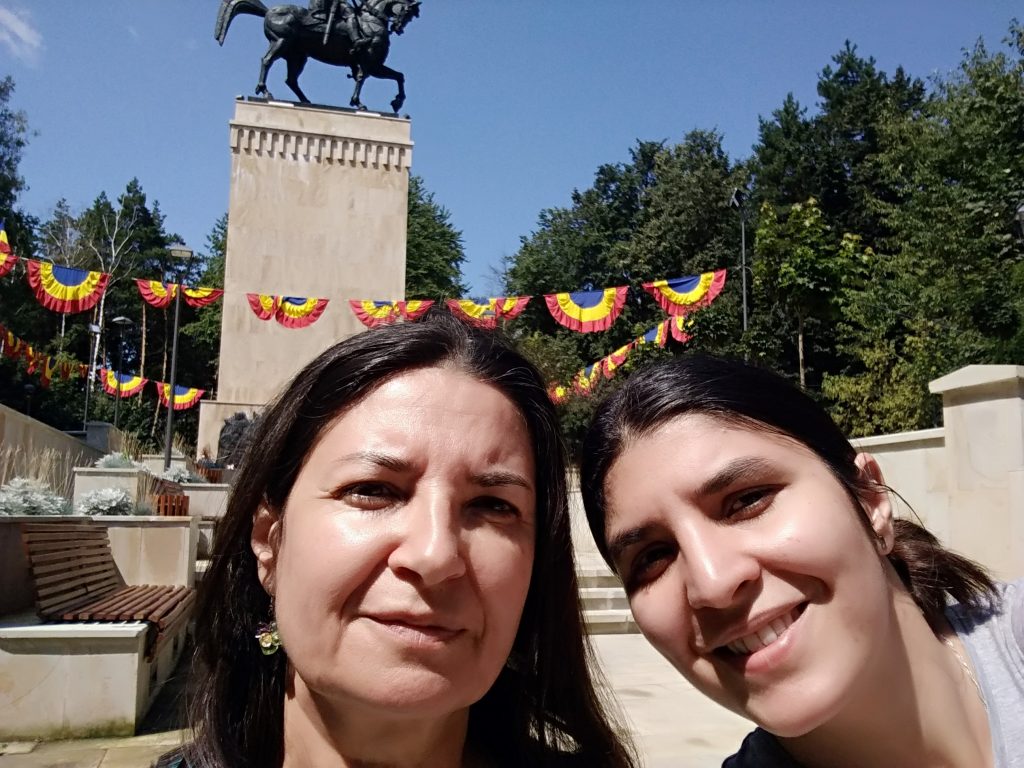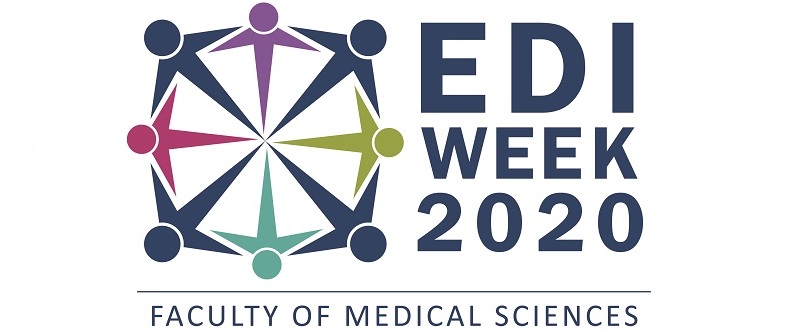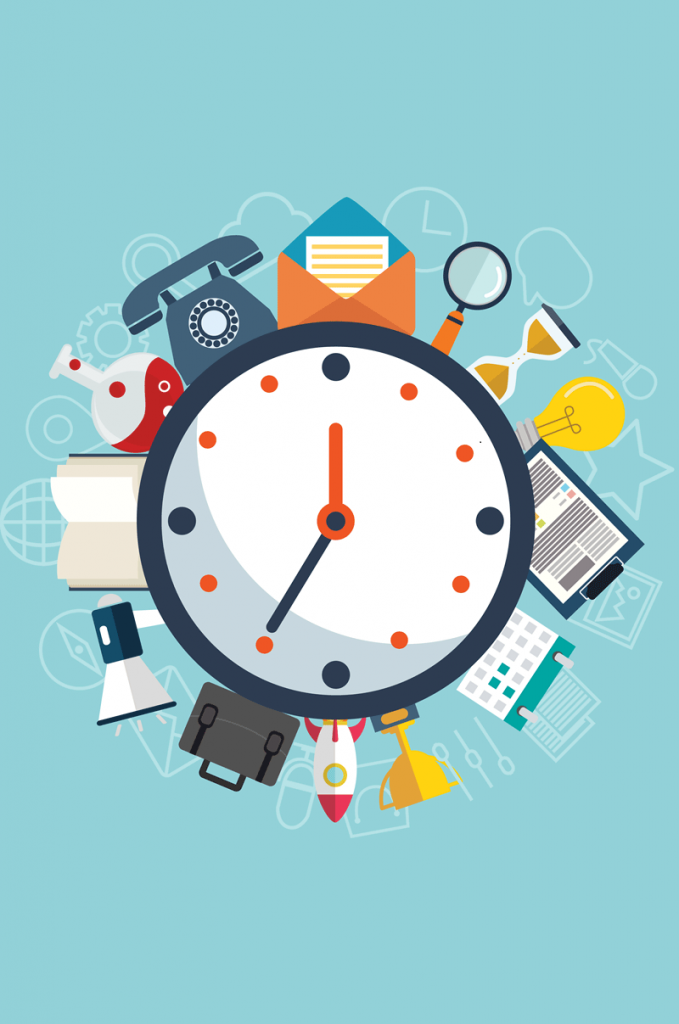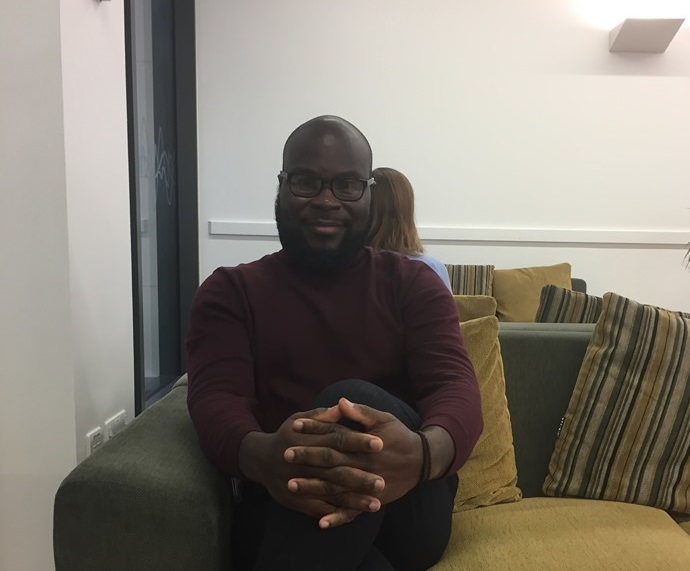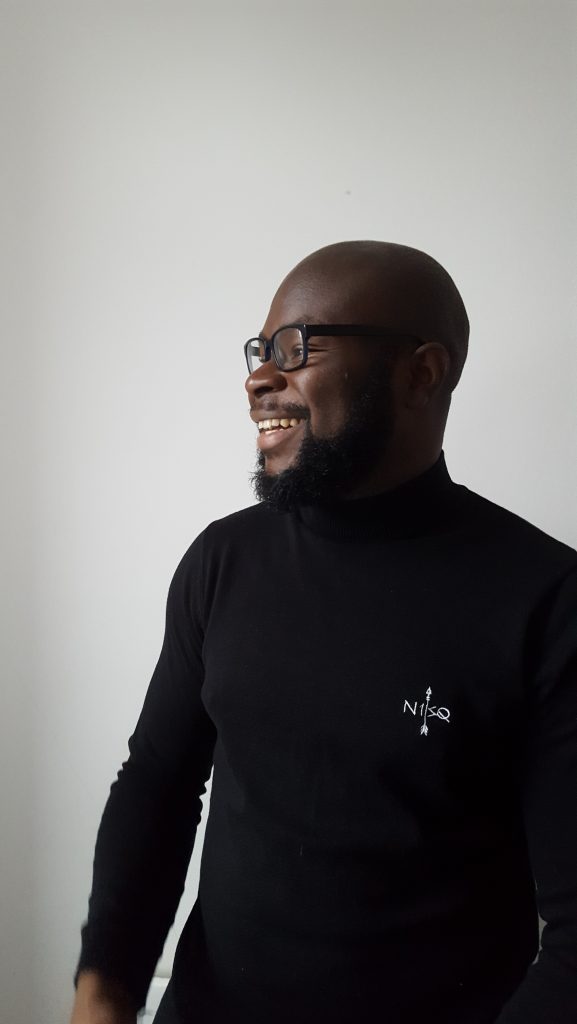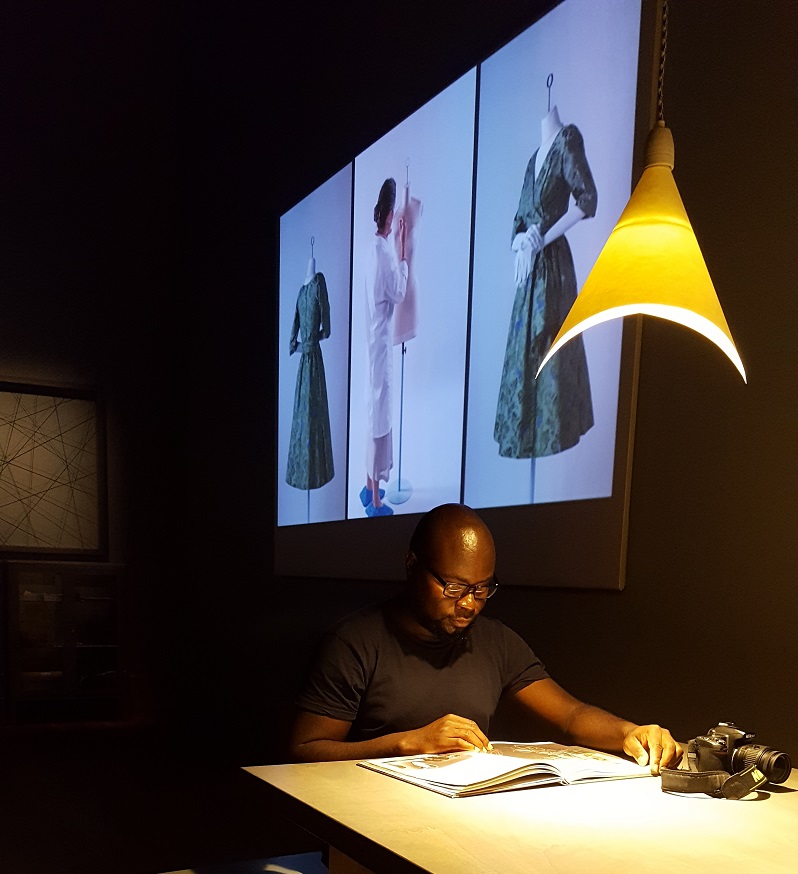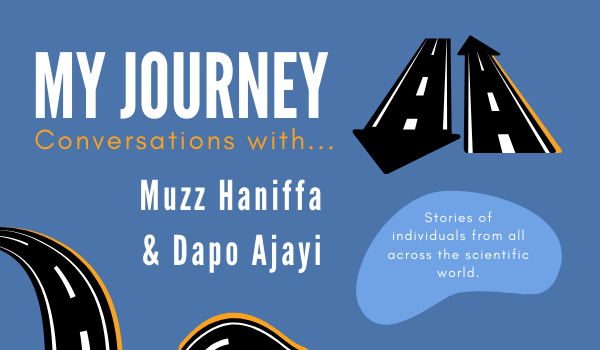
Last month, the first session of My Journey: Conversations with… took place. This event gave us the privilege of listening to the journeys of Muzz Haniffa, Newcastle Professor of Dermatology and Immunology, & Wellcome Trust Senior Research Fellow, and Dapo Ajayi, Vice President of Manufacturing and Technical Operations at Janssen. These two truly inspiring women guided us through their impressive career journeys and provided valuable discussion on overcoming external and internal barriers to personal and career progression.
You can find the video recording & transcript of the event here if you want to experience it yourself- and we highly suggest you do – but here are some reflections on the conversations had with Muzz and Dapo during the Q&A portion of the session on different barriers we can all face on our own journeys.
External Barrier: “We’re just hiring the best…”
Any member of a marginalised group could likely tell you an experience they’ve encountered with the daunting Leaky Pipeline of STEM. There is a real problem with underrepresentation and a lack of diversity in the community. The problem isn’t necessarily just on an individual level, however: it’s systemic, which makes it much harder to solve.
Muzz pointed out the problem that far too often, the responsibility of highlighting these representation issues falls on the marginalized. She herself didn’t raise the issue until she felt she had the voice and platform to do so – lack of representation is often disheartening, and hard to address. Whether conscious or unconscious, many privileged groups don’t want to change the system because it benefits them. Often, unconsciously, this comes in the form of “we’re just hiring the best candidates” – but the candidate selection field is far too often largely male and white. So how do we combat this?
Muzz and Dapo gave a number of insights. Firstly, diversity has to come from top down to be effective. For real, significant change and stronger representation, systems must be put in place to ensure your selection processes are geared towards diversity. The beginning of this process, says Dapo, is making sure you measure how diverse your workforce is and challenge why your recruitment selections are such a narrow margin. Creating an inclusive environment takes a lot of reflection on how your organisation runs things currently, and has to be based on real belief and commitment, not just lip service.
Secondly, suggested by both Muzz and Dapo: make sure you’re investing in unconscious bias training! Some individuals on a personal level will not feel as though they have an unconscious bias and will pin the problem elsewhere. It’s important to have people acknowledge unconscious bias exists close to home for every one of us, and ensure it is being reflected on when beginning the recruitment and selection process.
External Barrier: Language and Culture
Dapo gave advice on overcoming language and cultural barriers when working globally – something that not all of us will have experienced, but insightful nonetheless! Dapo discussed two main philosophies that helped her while working abroad in unfamiliar environments.
One: Focus on the universals, rather than what separates us. No matter the place, language, or culture, leadership values remain consistently important. You want a leader that inspires you, supports your development, and is interested in helping you succeed. Dapo says she kept this overwhelmingly in mind going into working globally
Two: Make the effort to really understand the culture and its history. This greatly helped Dapo adapt when moving to new countries for work. It is important to invest time in getting to know people and the place you are in to help ease your journey.
Internal Barrier: Impostor Syndrome
Impostor syndrome is another old friend of anyone from any marginalised group. Muzz and Dapo felt it a lot as women in their respective careers; and Dapo recalled when she first became site manager, in large meetings with predominantly men, she was quiet at first. Dapo’s predominant piece of advice is to put yourself forward and give it a go.
Alongside this comes with retraining that doubtful voice in the back of your head and building your self-confidence. Think of what you have achieved! You owe it to yourself and your organisation to feel as though you are able to contribute. Sometimes this takes time, but it is a worthy journey to embark on.
To end this post is a quotation from Dapo towards the end of the event when discussing the feeling of imposter syndrome, that sums up a lot of what My Journey: Conversations with… is about, and is an important mantra for everybody.
“I have a seat at the table. I deserve to be at that table. I have something to say that is relevant and important.”
Thank you so much again to Muzz Haniffa and Dapo Ajayi for taking the time to speak to us. The next My Journey event with new speakers will be taking place in the new year – we hope to see you there!
If you want to experience (or relive) this event for yourself; here’s the link to do so.


